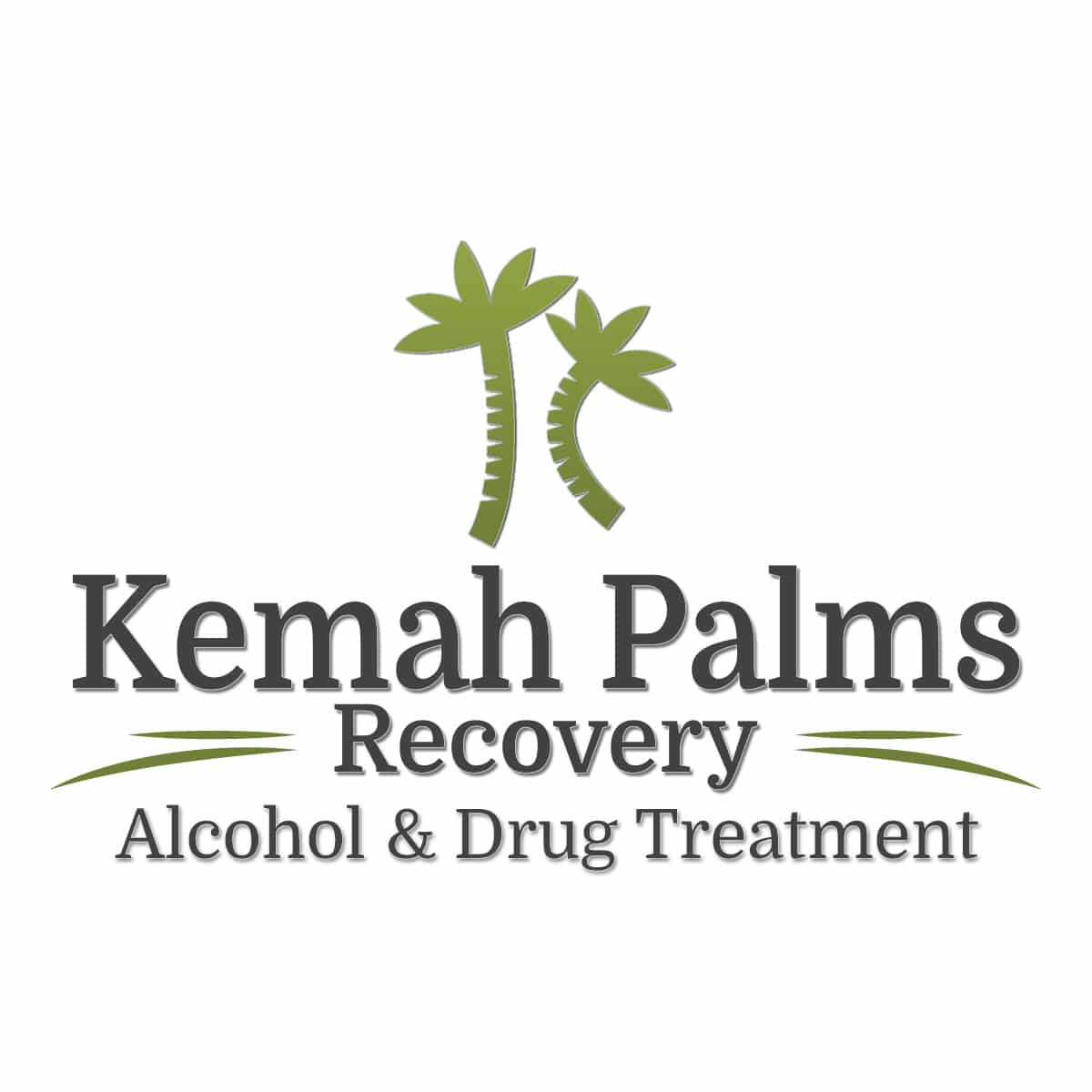Life Skills Training as a Part of Rehab
Many Life Skills rehab programs are a result of careful research that has definitely changed thinking patterns, brought about positive and permanent changes in behavior pattern. It impacts every area of a person that includes career, ethics, morals and the drive to succeed in life. Life skills as a part of rehab consists of time management and anger management, carrying oneself confidently, basic communication skills, overcoming procrastination, coping skills and victimization, ethics, morals, school or college enrollment, some kind of trade skills, and so on. As long as a person is staying in an inpatient or residential rehab, or an extended care facility it is easy to stay sober and not get caught up in their former habits. This only gives an addict a false sense of confidence that they can maintain a drug free life but when he is exposed back to the real world the scenario may be different since the chances of relapse are high. Life skills are taught to help each individual with what they need to stay sober and integrate seamlessly back into the society.
Types of Life Skills Commonly Included in a Rehab Program

Most life skill programs conduct critical thinking, logical problem solving, and decision-making classes and the use of a value hierarchy to help inmates not only overcome present problems and tendencies but also remain well behaved. Modern models of delinquency and crime prevention are followed with lot of tangible success.
We find that in many cases of drug addiction that the failure to prosper or achieve personal goals can be due to a lack of interpersonal skills. This is mostly observed among those inmates who are poorly educated or have had negative role models at home. The lack of basic skills to communicate hampers their success and therefore interpersonal skill-building is important which are then useful and practiced in real life situations. Also the need for anger control, decency and respect towards one another is taught.
How Life Skills Training Helps Prevent Relapse and Promote Recovery
Once an adult overcomes his addiction, he or she should be able to independently start a fresh career for themselves. It has been found that most relapse cases have been of those who are not gainfully employed. All the above listed life skills prepares an individual in a rehab to be skilled and self confident to seek employment and while at work, to keep things focused on sobriety, prevent relapse and promote recovery.






